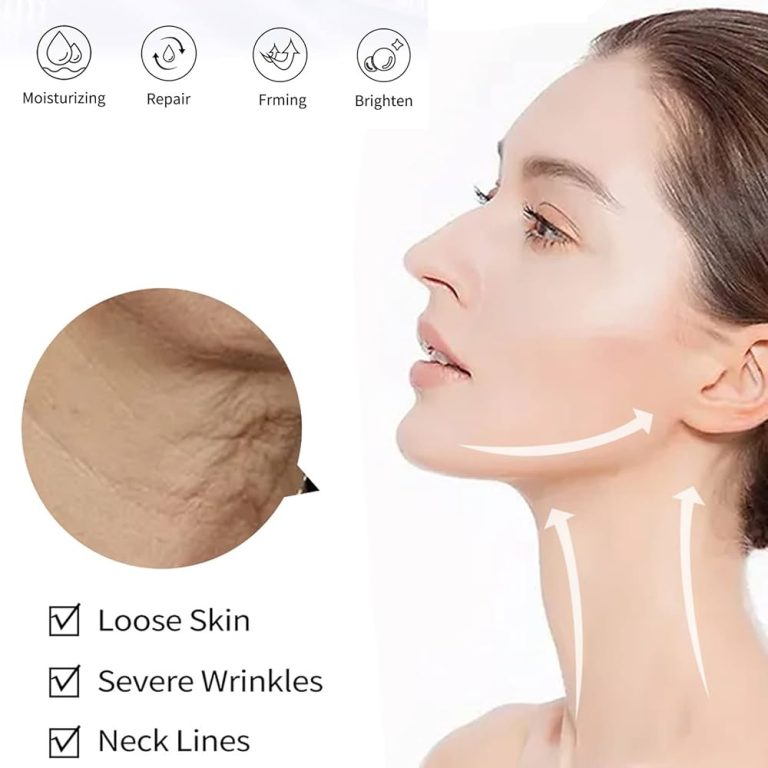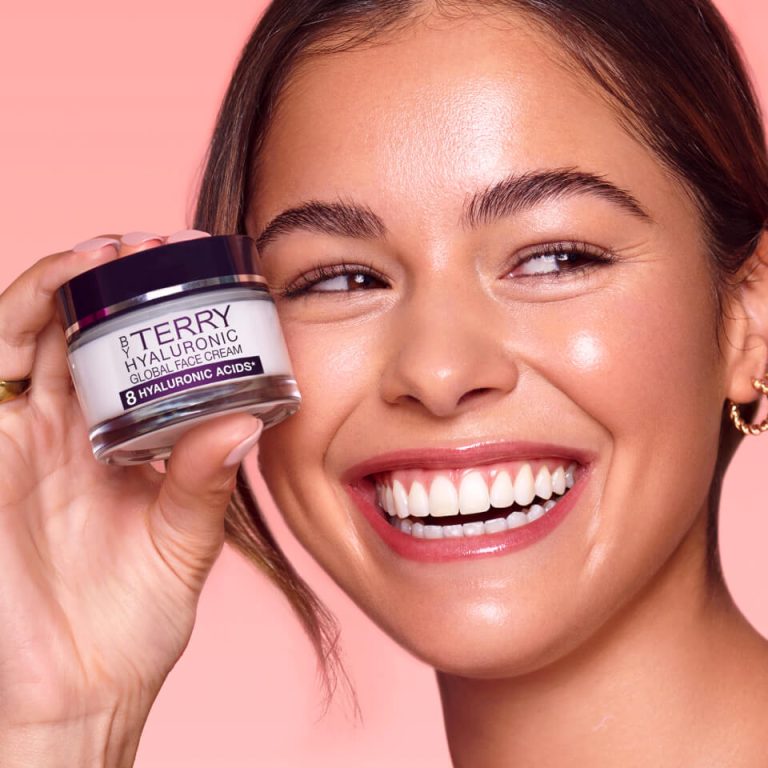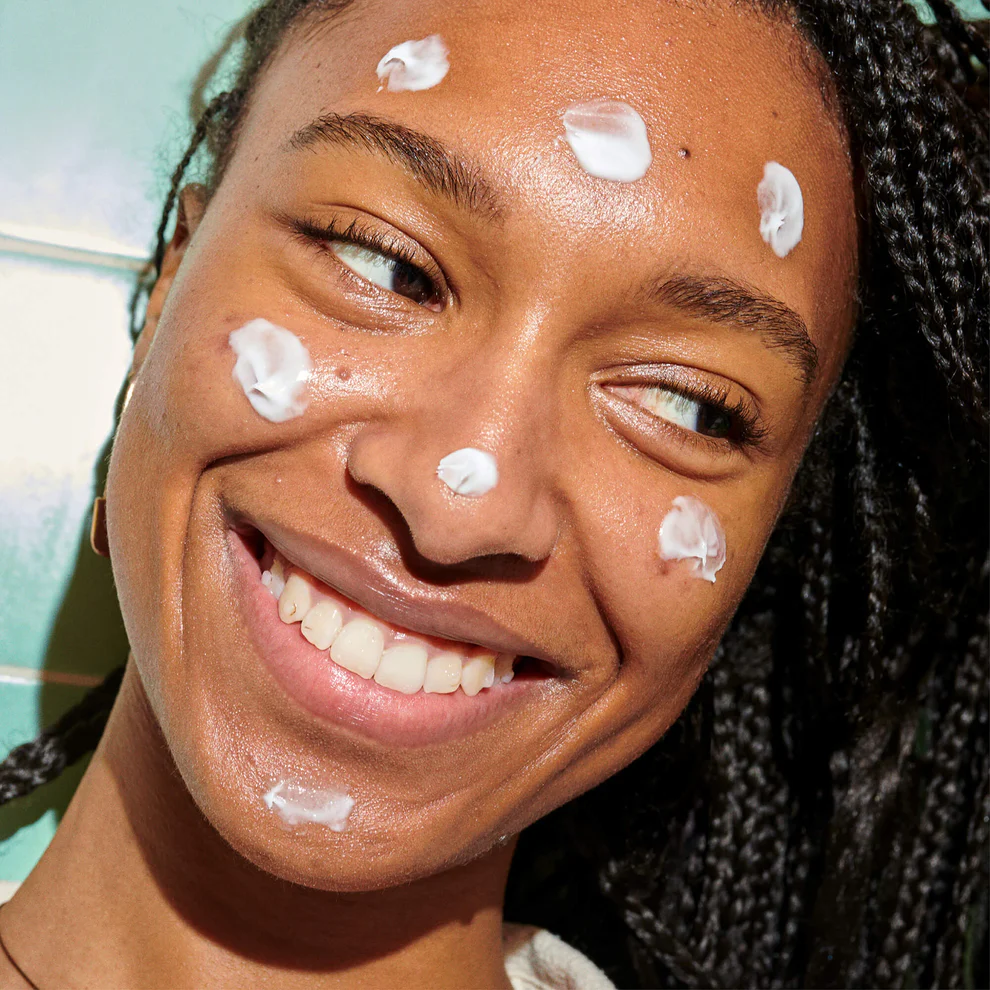
Best Hydrating Face Cream: Nourish Your Skin
Introduction: The Importance of Facial Hydration
Maintaining proper skin hydration stands as a cornerstone of effective skincare. Hydrated skin not only looks healthier and more radiant but also functions better as a protective barrier against environmental stressors. Enter the world of hydrating face creams – the unsung heroes of skincare routines worldwide. These potent formulations work tirelessly to infuse the skin with much-needed moisture, leaving it plump, supple, and glowing. However, with countless options flooding the market, choosing the right hydrating face cream can feel overwhelming.
This comprehensive guide aims to demystify the world of facial hydration, exploring the best ingredients, top products, and essential tips for achieving optimal skin moisture. From understanding different skin types to decoding complex ingredient lists, this blog will equip readers with the knowledge to make informed decisions about their skincare. Moreover, it will delve into the science behind skin hydration, explaining why it’s crucial for maintaining a youthful appearance and overall skin health. Whether battling dry, flaky skin or simply looking to enhance the skin’s natural glow, this guide to the best hydrating face creams will prove invaluable in the quest for healthy, moisturized skin.

Understanding Skin Hydration: The Science Behind Moisturized Skin
To truly appreciate the importance of hydrating face creams, one must first understand the science of skin hydration. The skin, the body’s largest organ, consists of multiple layers that work together to protect the body from external threats. The outermost layer, known as the stratum corneum, plays a crucial role in maintaining skin hydration. This layer contains natural moisturizing factors (NMFs) and lipids that help attract and retain water. However, various factors such as aging, environmental stressors, and harsh skincare products can deplete these natural moisturizers, leading to dry, dehydrated skin.
Hydrating face creams work by replenishing moisture and supporting the skin’s natural barrier function. They typically contain a combination of humectants, emollients, and occlusives. Humectants, like hyaluronic acid and glycerin, attract water to the skin. Emollients, such as ceramides and fatty acids, smooth and soften the skin. Occlusives, like petrolatum or certain oils, create a protective layer that prevents water loss. Together, these components help maintain optimal skin hydration levels. Additionally, well-hydrated skin appears plumper, which can minimize the appearance of fine lines and wrinkles. Proper hydration also supports the skin’s natural cell turnover process, promoting a healthier, more radiant complexion.
Key Ingredients in Hydrating Face Creams: What to Look For
When searching for the best hydrating face cream, understanding key ingredients becomes crucial. Hyaluronic acid stands out as a superstar hydrator, capable of holding up to 1000 times its weight in water. This powerful humectant draws moisture into the skin, providing intense hydration. Another essential ingredient, glycerin, works similarly by attracting water to the skin’s surface. Ceramides, naturally occurring lipids in the skin, play a vital role in maintaining the skin barrier and preventing moisture loss. Look for creams that contain these barrier-supporting ingredients.
Niacinamide, a form of vitamin B3, not only helps retain moisture but also improves skin texture and reduces the appearance of pores. For those with sensitive skin, ingredients like aloe vera and chamomile offer soothing hydration. Plant oils such as jojoba, argan, and marula provide nourishing fatty acids that lock in moisture. Antioxidants like vitamin E and green tea extract protect the skin from free radical damage while supporting hydration. Some advanced formulations include ingredients like sodium hyaluronate, a smaller molecule form of hyaluronic acid that penetrates deeper into the skin. Peptides, another beneficial ingredient, support collagen production and can help improve skin elasticity when combined with proper hydration.
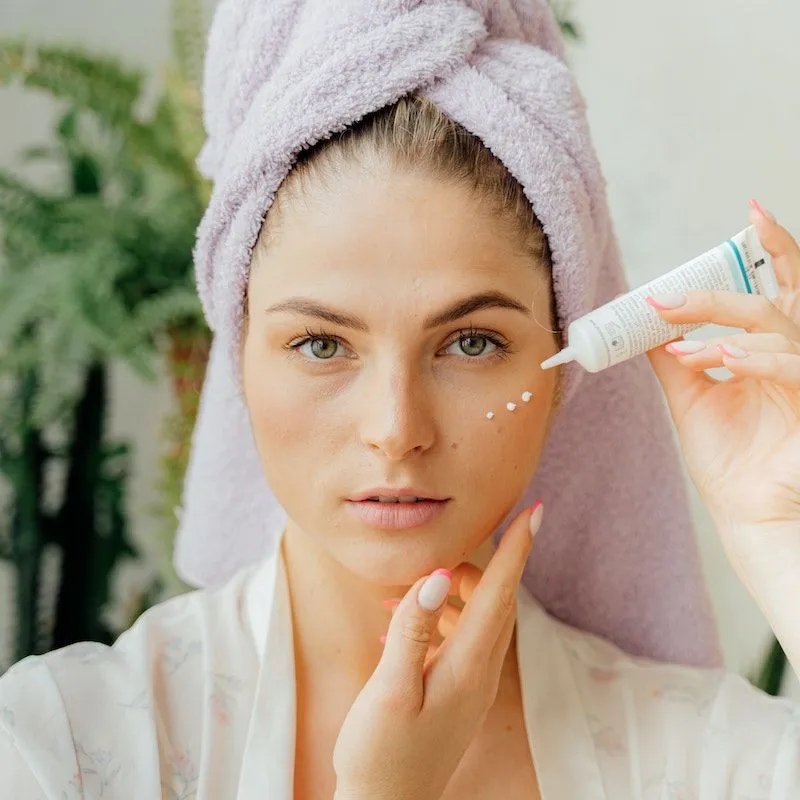
Choosing the Right Hydrating Cream for Your Skin Type
Selecting the ideal hydrating face cream requires understanding one’s skin type. For those with dry skin, rich, emollient creams containing ingredients like shea butter, ceramides, and hyaluronic acid work best. These formulations provide intense hydration and help repair the skin barrier. Conversely, individuals with oily skin should opt for lightweight, oil-free hydrators. Gel-creams or water-based moisturizers with ingredients like glycerin and niacinamide offer hydration without clogging pores. Combination skin types benefit from balanced formulas that hydrate dry areas without overwhelming oily zones. Look for creams with a mix of lightweight and nourishing ingredients.
Those with sensitive skin should choose fragrance-free, hypoallergenic options containing soothing ingredients like aloe vera or chamomile. For mature skin, creams rich in antioxidants and peptides provide hydration while addressing signs of aging. People with acne-prone skin should seek non-comedogenic hydrators that won’t clog pores. Ingredients like hyaluronic acid and niacinamide offer hydration without exacerbating breakouts. Normal skin types have the most flexibility, but should still prioritize creams with a good balance of hydrating ingredients. Regardless of skin type, always patch test new products to ensure compatibility.
Top Hydrating Face Creams: Reviews and Recommendations
After extensive research and consideration of various skin types, several hydrating face creams stand out for their exceptional performance. The CeraVe Moisturizing Cream receives high praise for its ceramide-rich formula, suitable for dry to very dry skin. It provides long-lasting hydration and helps restore the skin barrier. For those seeking luxury, La Mer’s Crème de la Mer offers intense moisture with its nutrient-rich Miracle Broth™. While pricey, many users report significant improvements in skin hydration and texture. Neutrogena’s Hydro Boost Water Gel presents an excellent option for oily and combination skin types. Its lightweight, gel formula contains hyaluronic acid for oil-free hydration.
The First Aid Beauty Ultra Repair Cream stands out for sensitive skin, offering intense hydration with colloidal oatmeal and ceramides. Drunk Elephant’s Lala Retro™ Whipped Cream provides a rich, whipped texture packed with nourishing ingredients suitable for all skin types, particularly beneficial for mature skin. For those battling both dryness and acne, the Avène Hydrance Aqua-Gel offers oil-free hydration with thermal spring water and hyaluronic acid. The Tatcha Water Cream, infused with Japanese nutrients, delivers poreless-looking skin along with hydration. These creams represent some of the best options available, each catering to specific skin needs and preferences.

Application Techniques: Maximizing the Benefits of Your Hydrating Cream
Proper application of hydrating face cream can significantly enhance its effectiveness. Start with clean, slightly damp skin to lock in extra moisture. Use gentle, upward motions to apply the cream, avoiding pulling or tugging on the skin. This technique helps improve circulation and promotes better absorption. For optimal hydration, consider the “sandwich” method: apply a lightweight, hydrating serum or essence before your cream, then seal it in with the hydrating face cream. This layering technique traps moisture and allows for deeper hydration. Pay extra attention to drier areas of the face, such as around the eyes and mouth.
However, be cautious not to over-apply, as this can lead to clogged pores or greasiness. For those with oily T-zones, use a lighter touch in these areas. Consider using a facial massage tool or your fingers to gently massage the cream into your skin, which can help improve product absorption and boost circulation. Don’t forget to extend the application to your neck and décolletage, areas often overlooked but equally in need of hydration. For daytime use, allow the cream to fully absorb before applying sunscreen or makeup. At night, you may opt for a slightly richer cream or layer on a facial oil for intense overnight hydration.
The Role of Diet and Lifestyle in Skin Hydration
While hydrating face creams play a crucial role in maintaining skin moisture, diet and lifestyle factors significantly impact overall skin hydration. Adequate water intake stands as the foundation of hydrated skin. Aim for at least 8 glasses of water daily to keep the body and skin well-hydrated. Additionally, consuming foods rich in omega-3 fatty acids, such as salmon, walnuts, and flaxseeds, can help strengthen the skin’s lipid barrier, reducing moisture loss. Fruits and vegetables high in water content, like cucumbers, watermelon, and leafy greens, contribute to overall hydration while providing essential nutrients for skin health.
Limiting alcohol and caffeine intake can also benefit skin hydration, as these substances can be dehydrating. Environmental factors play a role too. Using a humidifier in dry climates or during winter months can help maintain ambient moisture levels, benefiting skin hydration. Protecting skin from excessive sun exposure and harsh winds helps prevent moisture loss and damage to the skin barrier. Regular exercise improves circulation, which can enhance nutrient delivery to the skin and promote a healthy glow. Adequate sleep allows the skin time to repair and regenerate, supporting overall skin health and hydration. Stress management techniques like meditation or yoga can also positively impact skin health by reducing cortisol levels, which can affect skin barrier function.
Common Mistakes to Avoid When Using Hydrating Face Creams
Even with the best hydrating face cream, certain mistakes can hinder its effectiveness. Over-application ranks as a common error. Using too much product doesn’t necessarily lead to better hydration and can clog pores or leave skin feeling greasy. Instead, start with a small amount and increase if needed. Another mistake involves applying cream to dry skin. Slightly damp skin absorbs product more effectively, so apply immediately after cleansing or misting the face. Neglecting to exfoliate regularly can also impact hydration.
Dead skin cells can create a barrier, preventing creams from penetrating effectively. Gentle exfoliation once or twice a week can enhance the absorption of hydrating products. Some people make the mistake of using the same cream year-round. Skin needs often change with seasons, so adjust your hydrating routine accordingly. In summer, a lighter formula might suffice, while winter may call for a richer cream. Skipping nighttime application is another error. Night presents an optimal time for skin repair and regeneration, making it crucial to apply a hydrating cream before bed. Lastly, failing to patch test new products can lead to adverse reactions. Always test new creams on a small area before applying to the entire face, especially if you have sensitive skin.
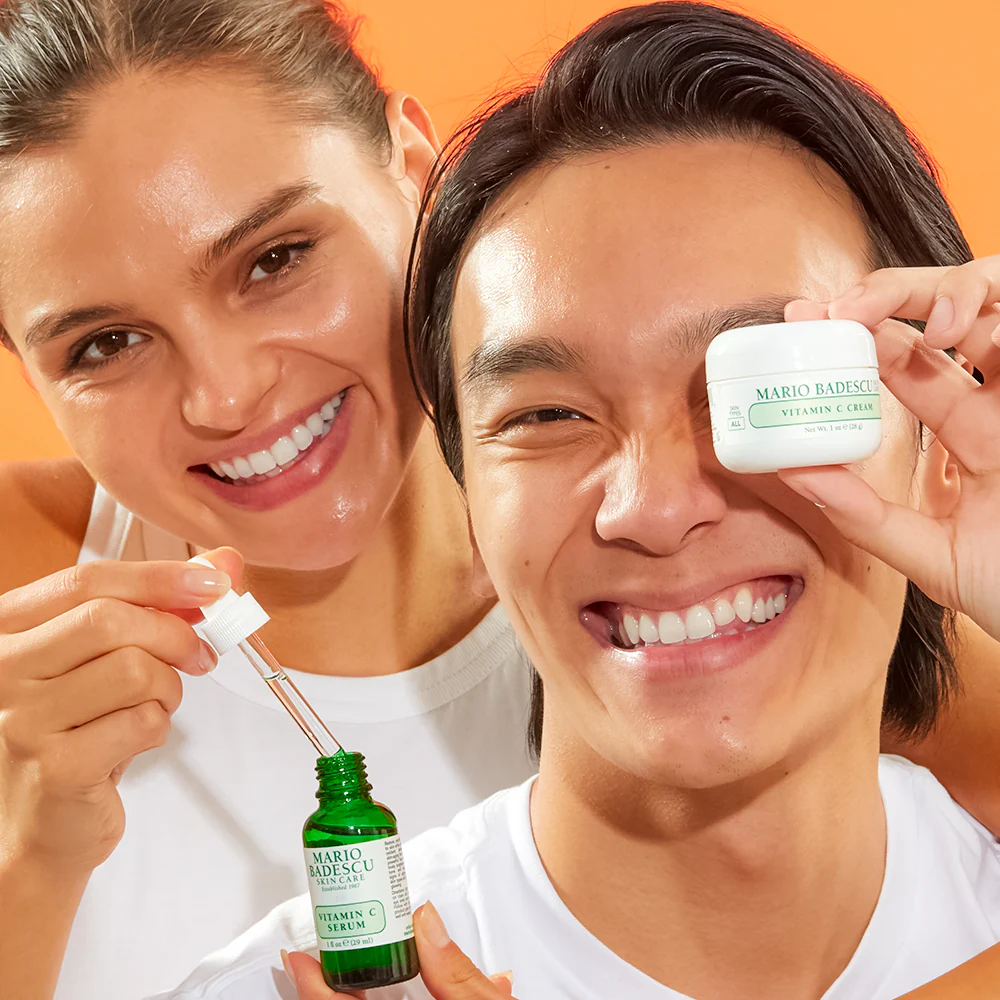
Incorporating Hydrating Face Creams into a Comprehensive Skincare Routine
While hydrating face creams play a vital role in skin health, they work best as part of a comprehensive skincare routine. Start with a gentle cleanser that doesn’t strip the skin of its natural oils. Follow with a toner, which can help balance the skin’s pH and prepare it for subsequent products. Next, apply any treatment serums or essences targeting specific skin concerns. These lighter formulations should go on before heavier creams. Then, apply your hydrating face cream, using the techniques discussed earlier.
For daytime routines, always finish with a broad-spectrum sunscreen to protect the skin from UV damage, which can lead to moisture loss and premature aging. At night, you might choose to add a facial oil after your cream for extra nourishment. Don’t forget about weekly treatments like hydrating masks or gentle exfoliants, which can enhance the effectiveness of your daily hydrating routine. For those with specific skin concerns, such as acne or hyperpigmentation, work with a dermatologist to incorporate appropriate treatments alongside your hydrating routine. Remember, consistency is key in skincare. Stick to your routine for several weeks to see noticeable improvements in skin hydration and overall health.
The Future of Hydrating Face Creams: Innovations and Trends
The world of hydrating face creams continues to evolve, with exciting innovations on the horizon. One emerging trend focuses on microbiome-friendly formulations. These products aim to support the skin’s natural bacteria balance, which plays a crucial role in maintaining skin barrier function and hydration. Another innovation involves the use of plant stem cells in hydrating creams. These ingredients show promise in enhancing the skin’s ability to retain moisture and repair itself. Adaptive hydration technology represents another advancement, where creams adjust their hydration delivery based on the skin’s changing needs throughout the day.
Sustainable and eco-friendly formulations are gaining traction, with brands developing water-free or “waterless” hydrating products to reduce environmental impact. These concentrated formulas often provide intense hydration with less product. Personalized skincare, including custom-blended hydrating creams, is becoming more accessible thanks to AI and machine learning technologies. These tools can analyze individual skin needs and create tailored formulations. Lastly, the integration of traditional ingredients from various cultures, such as Asian botanicals or African oils, into modern formulations offers new approaches to skin hydration. As research continues, expect to see more targeted, efficient, and sustainable hydrating face creams hitting the market.
Conclusion: Achieving and Maintaining Optimal Skin Hydration
Hydrating face creams serve as essential tools in the quest for healthy, moisturized skin. By understanding the science behind skin hydration, recognizing key ingredients, and choosing products suited to individual skin types, one can significantly improve skin health and appearance. Remember, the best hydrating face cream is one that works for your unique skin needs and fits seamlessly into your lifestyle. Consistent application, coupled with a holistic approach to skincare that includes proper diet, adequate water intake, and sun protection, yields the best results.
As the skincare industry continues to innovate, exciting new formulations promise even more effective hydration solutions. However, the fundamental principles of skin hydration remain constant: protect, nourish, and moisturize. By following the guidelines outlined in this guide and staying informed about skincare advancements, achieving and maintaining optimal skin hydration becomes an attainable goal. Embrace the journey towards hydrated, glowing skin, and remember that patience and consistency are key. Here’s to healthy, moisturized skin that radiates confidence and well-being!
